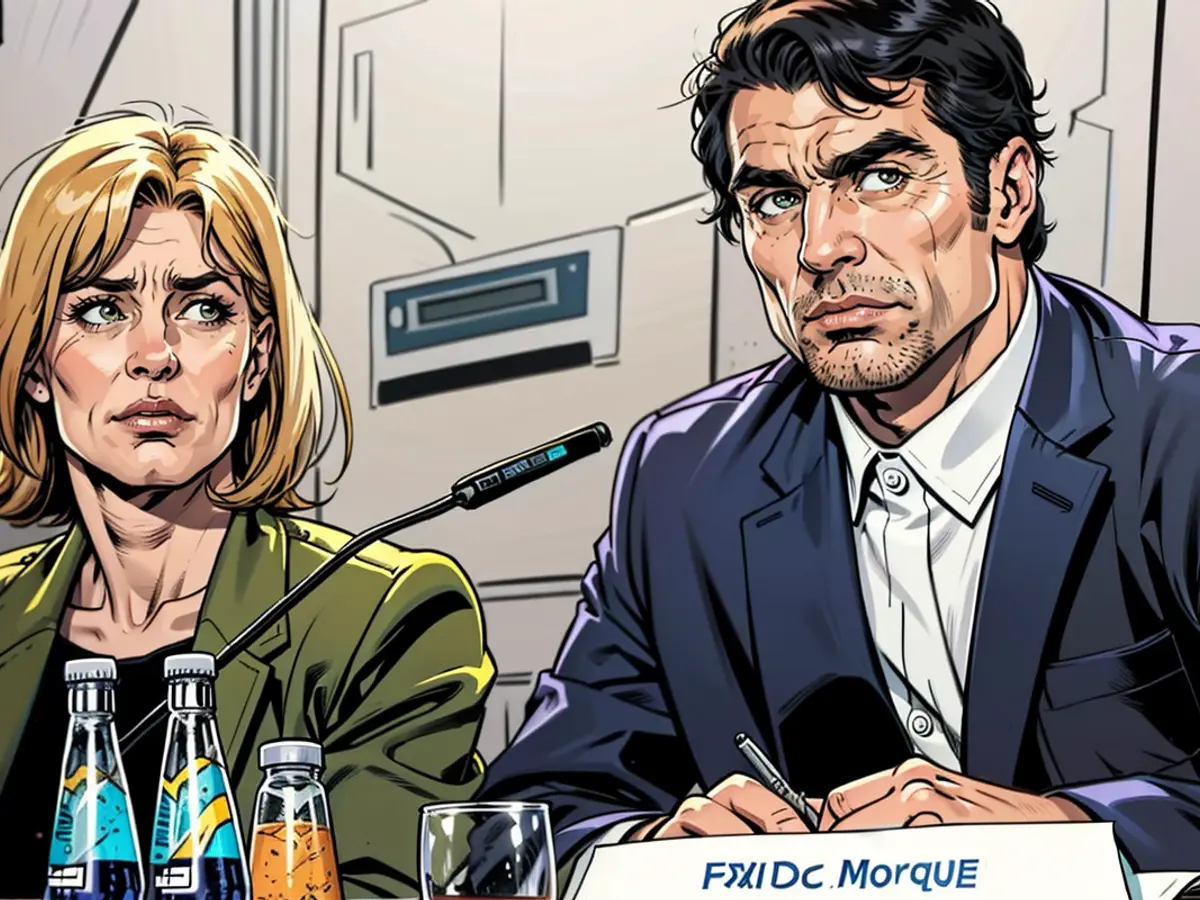Household - Weak economy: NRW takes out billions in loans
The black-green state government in North Rhine-Westphalia is making billions in debt for the first time within the legal debt brake. In response to the persistently weak economic development in Germany and poor tax revenue forecasts, the state intends to use the so-called conjunctural component for the first time in the supplementary budget 2024 and also in the budget proposal 2025, as Finance Minister Marcus Optendrenk (CDU) announced. Previously, the cabinet had decided on the budget plan.
According to current calculations, borrowing authorizations of around 1.34 billion Euro will be taken up for the budget 2025. For the supplementary budget 2024, loans of up to two billion Euro could be used. In order to save even more against foreseeable tax revenue shortfalls in the budget 2024, it would be irresponsible, the Minister stated. However, the conjunctural component will only be used in the necessary extent.
Record budget - and still saving
Despite the fact that the budget volume for 2025 is expected to increase by around three percent - about three billion Euro - to a previous record high of 105.5 billion Euro, not all external burdens can be absorbed. Therefore, savings will have to be made in many areas. In total, the departments will have to save around 3.6 billion Euro. "We have to do things that hurt," said the CDU politician. "I regret that some things financially are not possible now."
Optendrenk spoke of "extremely challenging framework conditions". Due to political decisions at the federal level such as the abolition of the cold progression, rent increases, or the Germany ticket, the state budget has been permanently burdened with an additional four billion Euro per year since 2023. At the same time, the budget is also being pressured by the high price increases of the last few years, significantly higher wage agreements, and the increased interest rates.
Debts must be repaid in better times
The debt brake enshrined in the Basic Law provides that budgets of the Federation and the States must be balanced in principle without revenue from loans. The conjunctural component allows for the taking on of new loans in conjuncturally unfavorable times. These must, however, be repaid in economically better times as soon as possible. In the face of the strained budget situation of the Federation and the States, demands from parties and economic experts to loosen the debt brake have been growing louder for months.
- The economic situation in Germany, coupled with poor tax revenue forecasts, has led the black-green state government in NRW to consider using the conjunctural component for the first time, as announced by Finance Minister Marcus Optendrenk.
- Despite the anticipated increase in the budget volume for 2025 in NRW, Finance Minister Optendrenk emphasized the need for savings, stating that it would be irresponsible to not save against foreseeable tax revenue shortfalls.
- The CDU politician acknowledged that it would be painful to make savings in many areas, as the budget volume for 2025 is expected to reach a record high of 105.5 billion Euro.
- The debt brake enshrined in the German Basic Law requires budgets to be balanced without borrowing in good times, but allows for the taking on of new loans in unfavorable times, such as the conjunctural component Optendrenk is considering.
- Marc Optendrenk, the Finance Minister of NRW and CDU member, has faced pressure to loosen the debt brake due to the strained budget situation of both the federal and state governments.
- The state government in Düsseldorf, led by the black-green coalition, is facing challenging financial conditions, exacerbated by political decisions at the federal level and high price increases, leading to an additional four billion Euro burden on the NRW budget since 2023.








